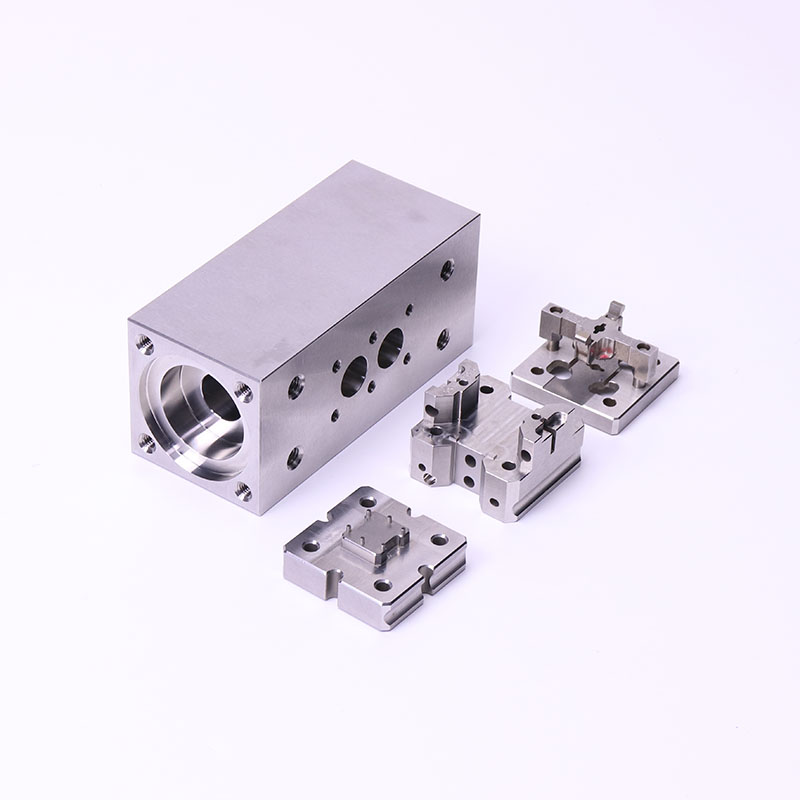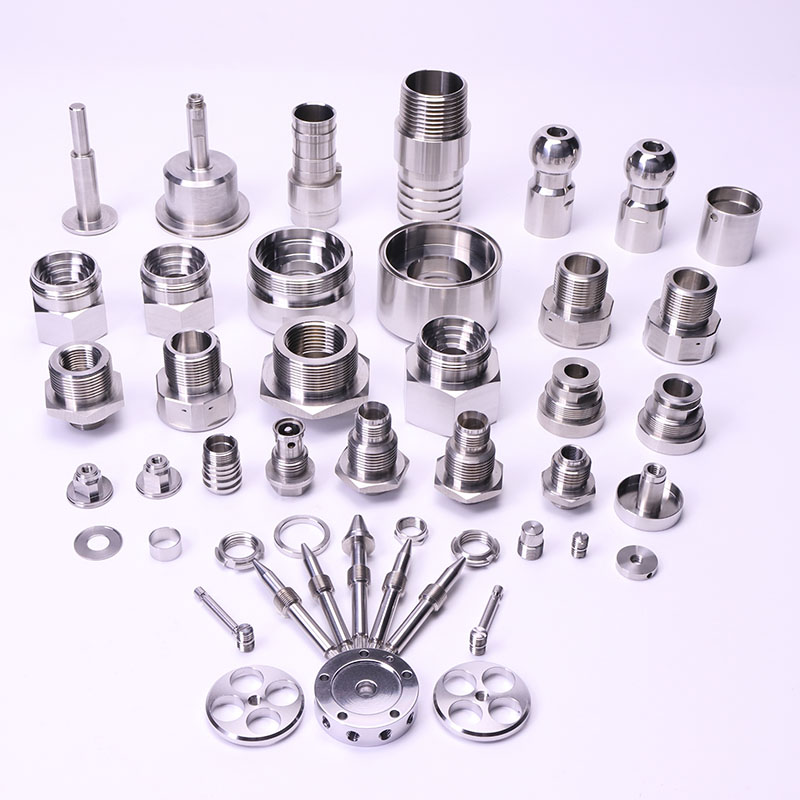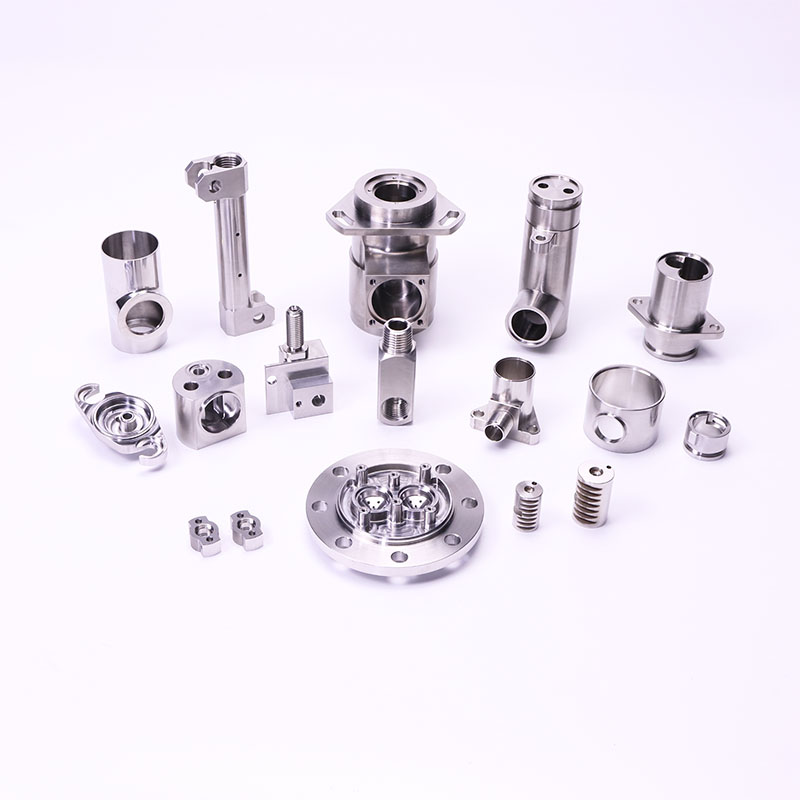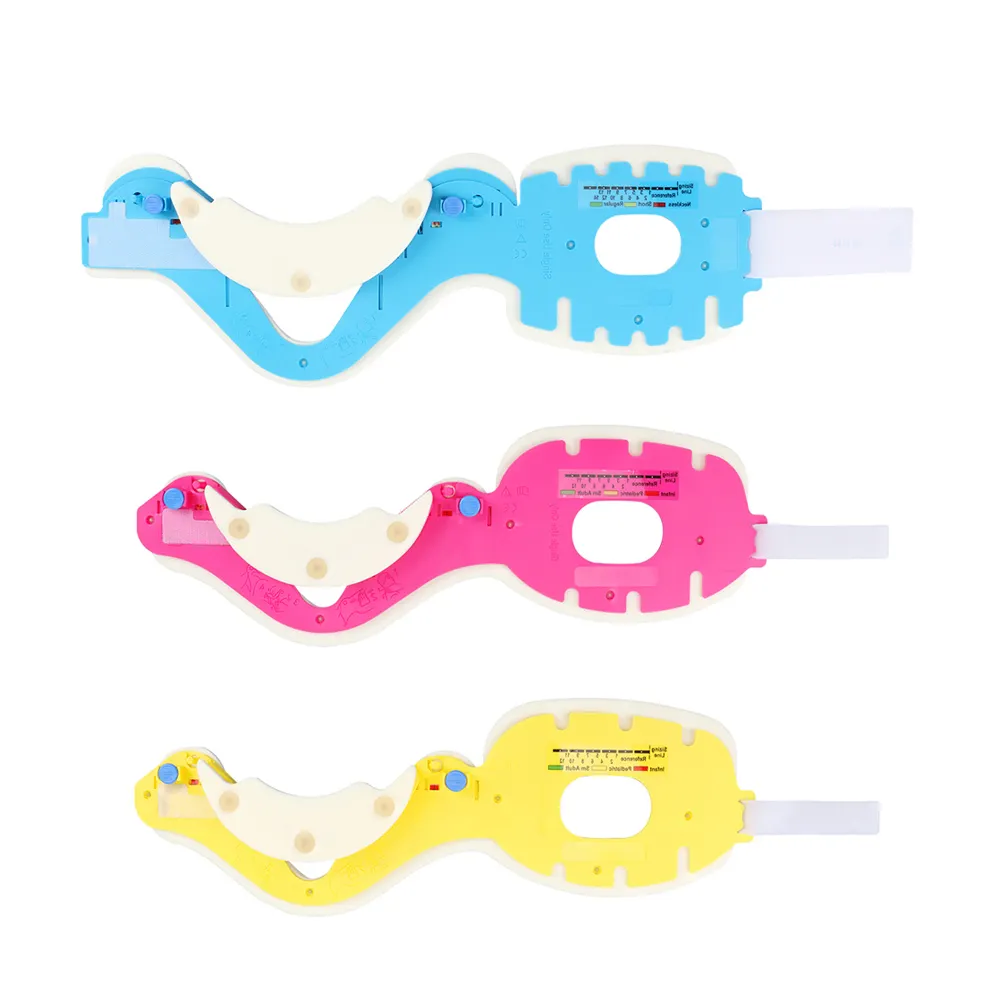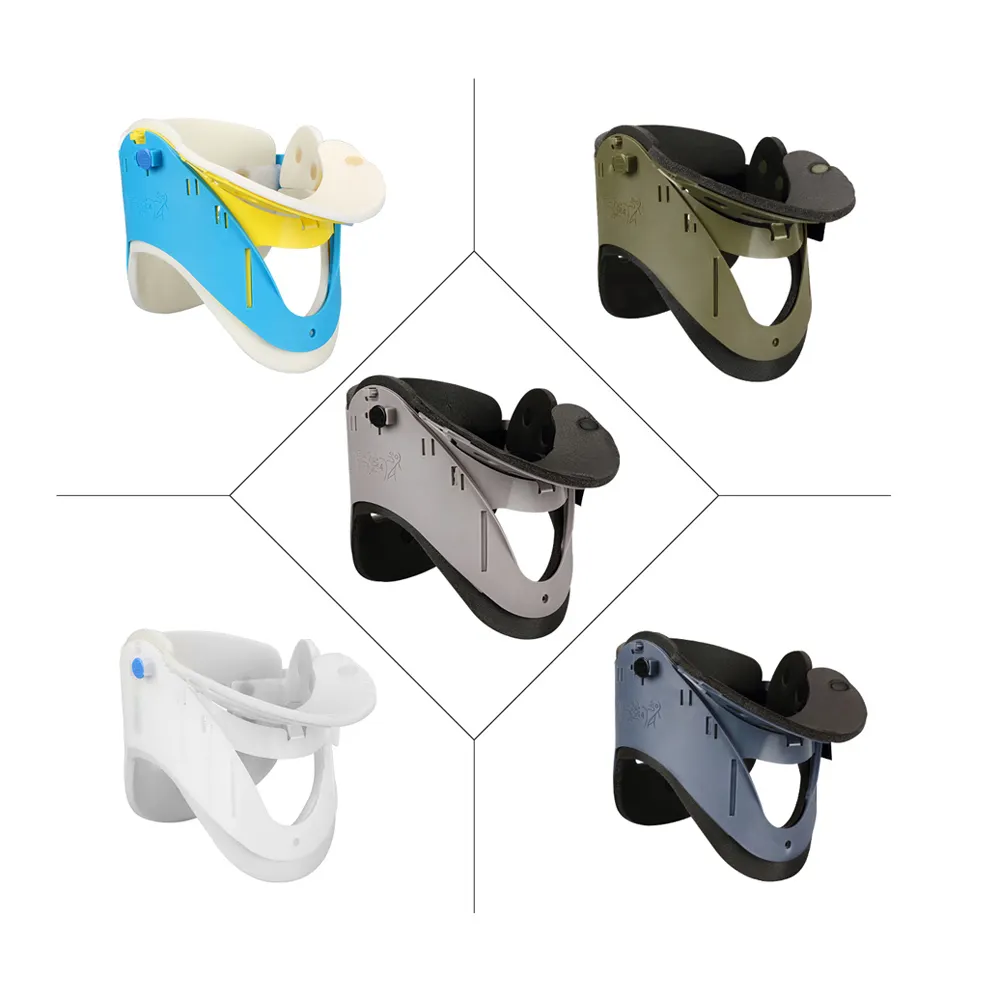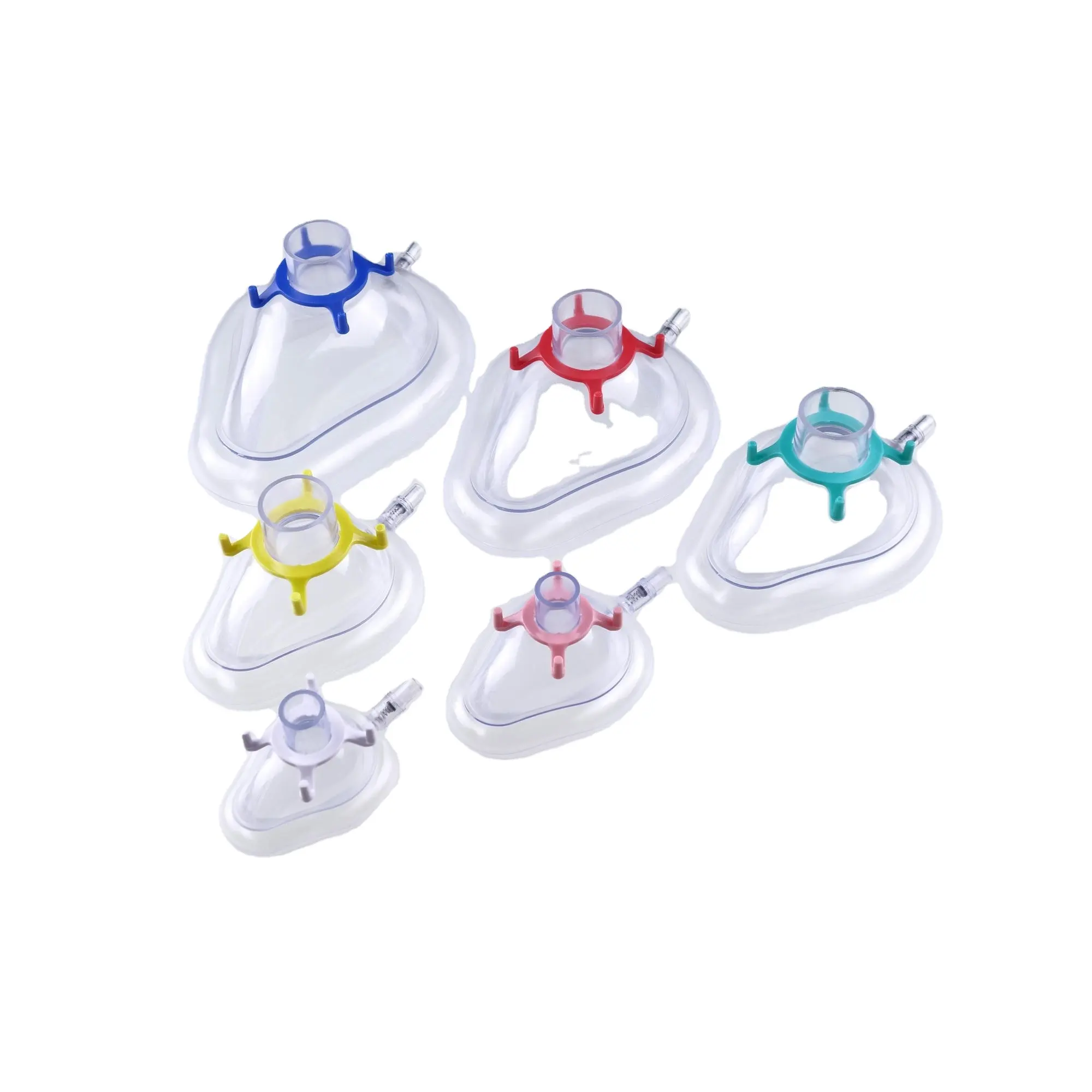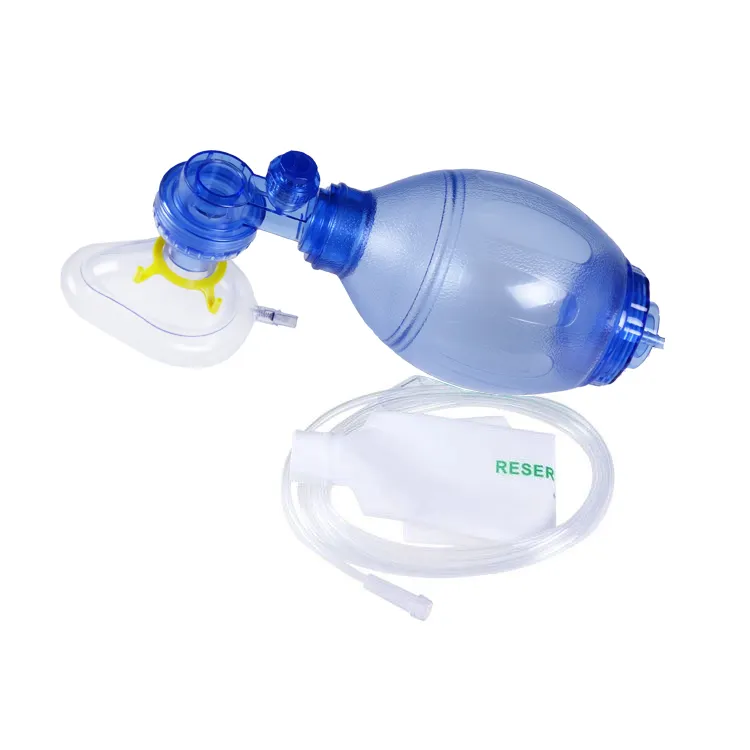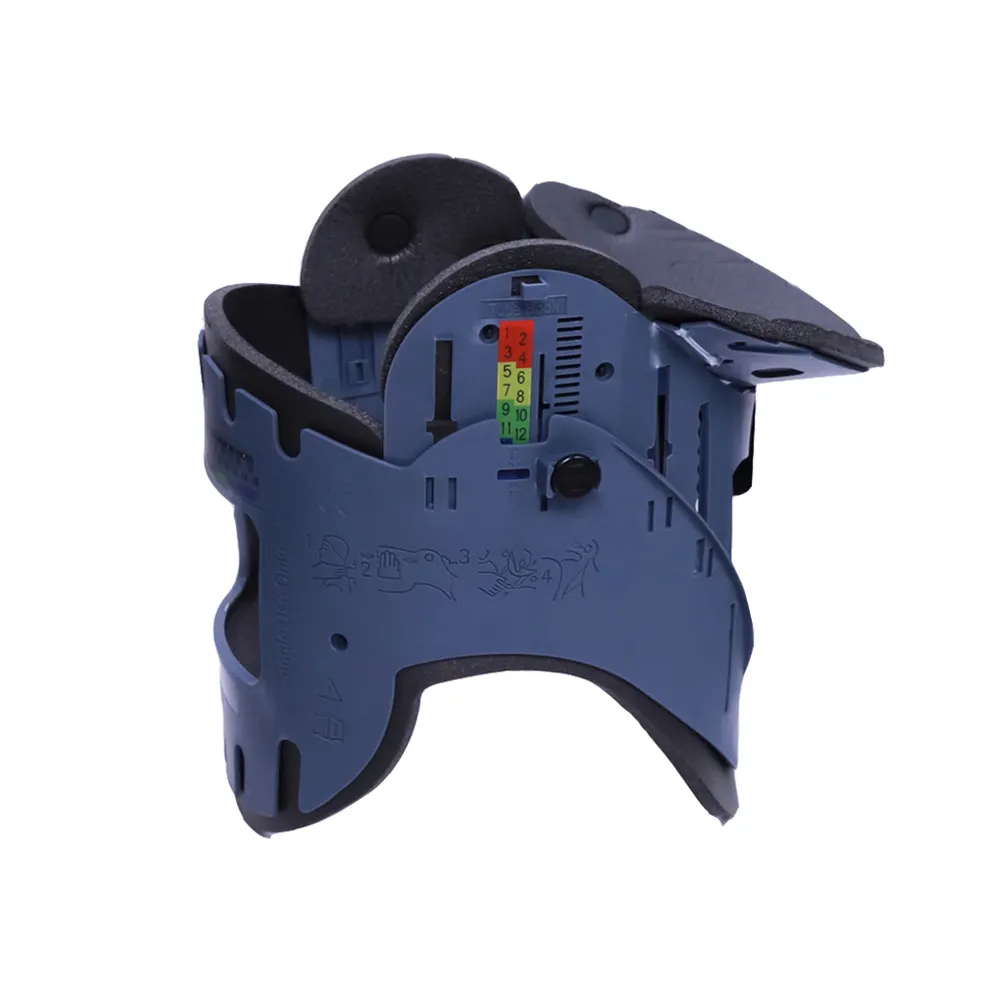Abstract
CNC machinists play a pivotal role in the production of precision parts, especially in sectors requiring high-quality gears such as automotive and aerospace industries. This article uses research on the fatigue crack growth of spiral bevel gears, considering residual stresses, to shed light on the role of CNC machinists in manufacturing. The discussion will cover the essential functions of a CNC machinist, the importance of CNC machining in gear manufacturing, and the critical influence of precision on extending the service life of mechanical components. By analyzing both theoretical research and industry examples, this article demonstrates how CNC machinists contribute to the precision, durability, and functionality of complex mechanical systems.
1. Introduction
In the world of manufacturing, CNC machinists have become essential in delivering precision-engineered components. But what exactly does a CNC machinist do? To understand this, we delve into a specialized area of mechanical engineering: the production and fatigue life analysis of spiral bevel gears, a component widely used in automotive and industrial machinery. Using the insights from the study "Research on the Crack Growth Life Calculation Method of Spiral Bevel Gears Considering Residual Stress," we will explore how CNC machinists contribute to high-precision manufacturing processes and ensure that products meet stringent industry standards.
2. The Role of a CNC Machinist in Gear Manufacturing
2.1 Core Responsibilities
A CNC machinist operates computer numerical control (CNC) machines, which are programmed to cut, shape, and finish materials with extreme precision. They are responsible for:
Reading and interpreting technical blueprints and CAD drawings.
Setting up and maintaining CNC machines to ensure accuracy.
Monitoring the production process and making adjustments as necessary.
Inspecting the final product for any deviations from the specified tolerances.
In industries like aerospace and automotive, where CNC machining is vital, machinists are responsible for producing components such as gears that must withstand high loads and cyclic stresses.
2.2 CNC Machining in Spiral Bevel Gear Production
Spiral bevel gears, with their complex curved tooth geometry, require precise manufacturing to maintain functionality and durability. A CNC machinist must understand how residual stresses—introduced during machining and heat treatment—affect the fatigue life of gears. These stresses can lead to crack initiation and growth, which ultimately influences the gear's operational life.
3. Fatigue Life and Residual Stress in Gear Manufacturing
3.1 Residual Stress and Fatigue Crack Growth
Residual stress is an inherent stress remaining in a material after it undergoes manufacturing processes such as heat treatment or machining. In the study, it was shown that these stresses significantly affect the fatigue life of gears. CNC machinists must account for these stresses to enhance the longevity of mechanical components.
3.2 The Importance of Precision in CNC Machining
Precision in CNC machining is critical to controlling residual stress. An improperly machined surface can act as a site for crack initiation under cyclic loading conditions, leading to premature gear failure. This is particularly true for spiral bevel gears, where both the accuracy of the tooth profile and the surface finish are crucial.
4. Case Studies: CNC Machining in Gear Manufacturing
4.1 Automotive Industry Example
In the automotive sector, a leading Chinese gear manufacturer integrated CNC machining technology into its production line to improve the fatigue life of gears. By using precision CNC machines, they reduced the residual stresses in gears, which led to a measurable increase in product reliability and a reduction in gear failures under high stress.
4.2 Aerospace Industry Example
A European aerospace company also utilized CNC machining to produce high-performance gears used in aircraft engines. Through precise surface finishing and strict control of residual stress during the machining process, they extended the operational life of critical components, leading to significant cost savings in maintenance.
5. Advanced Technologies in CNC Machining
5.1 CAD/CAM Integration
Computer-Aided Design (CAD) and Computer-Aided Manufacturing (CAM) technologies are central to modern CNC machining. These systems allow for the creation of highly detailed models that machinists use to program CNC machines for accurate production. The integration of CAD/CAM software enhances the machinist’s ability to produce complex parts like spiral bevel gears.
5.2 Multi-Axis CNC Machines
Modern CNC machines can operate on multiple axes simultaneously, allowing for the intricate geometries required in components such as spiral bevel gears. This capability ensures that each gear tooth is machined with precision, contributing to the overall fatigue resistance of the component.
6. Conclusion
In conclusion, CNC machinists are at the forefront of modern manufacturing, ensuring that components like spiral bevel gears are produced with the utmost precision. Their expertise in operating and programming CNC machines directly impacts the durability and reliability of the final product. By understanding the influence of residual stress and its effects on fatigue life, CNC machinists contribute to advancements in mechanical engineering, enabling industries to produce longer-lasting, more efficient components.
The role of a CNC machinist extends beyond simple machine operation—they are integral to the research, development, and production of critical components that define the success of industries reliant on high-performance mechanical systems.

